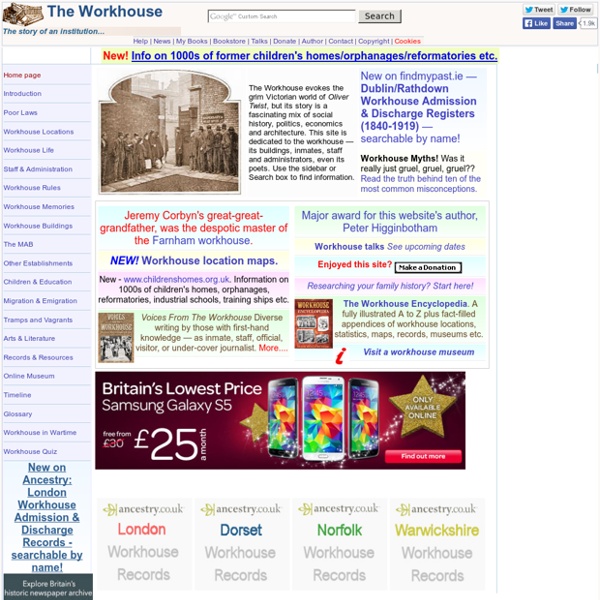



Sex & Sexuality in the 19th century Wilhelm von Gloeden, 'Two Seated Sicilian Youths', about 1900. Museum no. 2815-1952. © Victoria & Albert Museum, London Male anxieties in relation to both physical and mental health in the Victorian era often seem to have concentrated on the supposedly baleful effects of masturbation, which was alleged to cause a wide range of physical and mental disorders, and on venereal diseases, especially syphilis. This brings us neatly into the subject of Victorian sexuality, which has been a continuing topic of debate and fascination. According to their own testimonies, many people born in the Victorian age were both factually uninformed and emotionally frigid about sexual matters. Lately, evidence has shown that Victorian sex was not polarised between female distaste ('Lie back and think of England', as one mother is famously said to have counselled her anxious, newly married daughter) and extra-marital male indulgence. Male anti-masturbation device, 1880-1920. © Science Museum, London Jan Marsh
Victorians The Victorian period in Britain was one of huge industrial and technological change, shocking divisions between rich and poor, sensational crimes, spectacular entertainments for the masses, and grand attempts to combat squalor and disease. Discover Victorian life through the posters, pamphlets, diaries, newspapers, political reports and illustrations that the 19th century left behind... Written by Liza Picard The Working Classes and The Poor Street sellers, omnibus drivers, mudlarks, the workhouse and prostitution, the poor were forced to survive in any way that they could... The Middle Class Bank clerks, housewives shopping, magazine readers and holiday makers: all members of the Victorian middle class... Popular Culture No matter how poor people were, they could usually raise a penny or so for the music hall, circus or magic show... Transport and Communications Crime The police force was still in its early years and executions were a public source of entertainment. The Great Exhibition Health
History in Focus: The Victorian Era (Introduction) Introduction This first issue of History in Focus looks at Victorian history and the resources available to study it. To find issues on other topics, go to our home page. In this issue: article: an overview of the Victorian era by Anne Shepherd. websites: websites about the Victorian Era, reviewed by the In Focus editorial team. book reviews: reviews of major books on the Victorian Era. Review tasters Care outside the Community: Asylums 'The gradual appearance of state asylums, however, led to the expulsion of paupers. The above quotation comes from Dr. 'The purpose of Insanity, Institutions and Society is to introduce readers to a fresh generation of research on the social history of madness. Back to top The Great Exhibition Confidence in industry and commerce was expressed robustly in the Great Exhibition but its history is more complex than commonly acknowledged. Other Sources: Ireland Meanwhile, Paul O'Leary warns against an understanding of history based purely on official records.
Victorians 1850 - 1901 The world's largest empire is governed from Whitehall. Our collections offer an invaluable insight into the politics of empire and the daily lives of its citizens. Our massive photographic holdings covering Britain and its colonies vividly bring the period to life. Topics Selling the Victorians Has advertising changed from Victorian times? At the Circulating Library Begun in 2007, At the Circulating Library: A Database of Victorian Fiction, 1837-1901 offers a biographical and bibliography database of nineteenth-century British fiction. Currently, the database contains 10605 titles by 2658 authors (more statistics). The database is hosted by the Victorian Research Web, a major and free research resource for Victorian scholars. How to Use To browse a list of authors, titles, publishers, years, genres (novels sharing a common subject), or groups (authors sharing a common trait), use the links under "Novels" in the navigation bar. To search for a particular author or title, use "Search." Statistical information about novel production (e.g., prolific authors, number of serializations) may be found under "Statistics." Coverage Updates
Dictionary of Victorian London - Victorian History - 19th Century London - Social History Victorian London A-Z Street Index The third phase of our Victorian London Street Index is now complete and contains over 61,000 references. A note of caution for family and local history researchers. During the latter-half of the nineteenth century, Metropolitan London was rapidly being rebuilt. Slums were demolished and replaced with new houses and a lot of demolition of roads took place to make way for the railways. In 1888 the General Post Office and London County Council conducted a renaming and renumbering scheme to eliminate duplicate road names throughout the LCC and to renumber houses consistently with the lowest number being closest to the local post office. In the street indexes, places shown in UPPER case letters refer to the Registration District for census returns, or in the case of the City of London they indicate the ward. The year shown thus [1881] indicates the year of the original reference, thus: To speed-up the loading process, the index of streets has been split into separate A-Z lists:
British Fiction 1800–1829: Homepage Rag Linen | Online Museum of Historic Newspapers 18thConnect